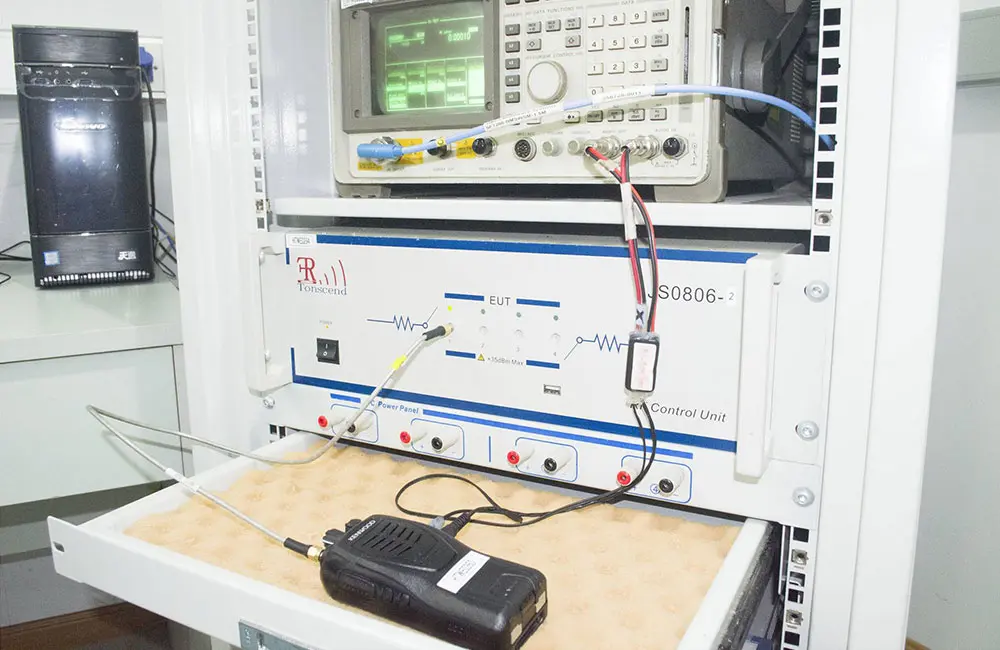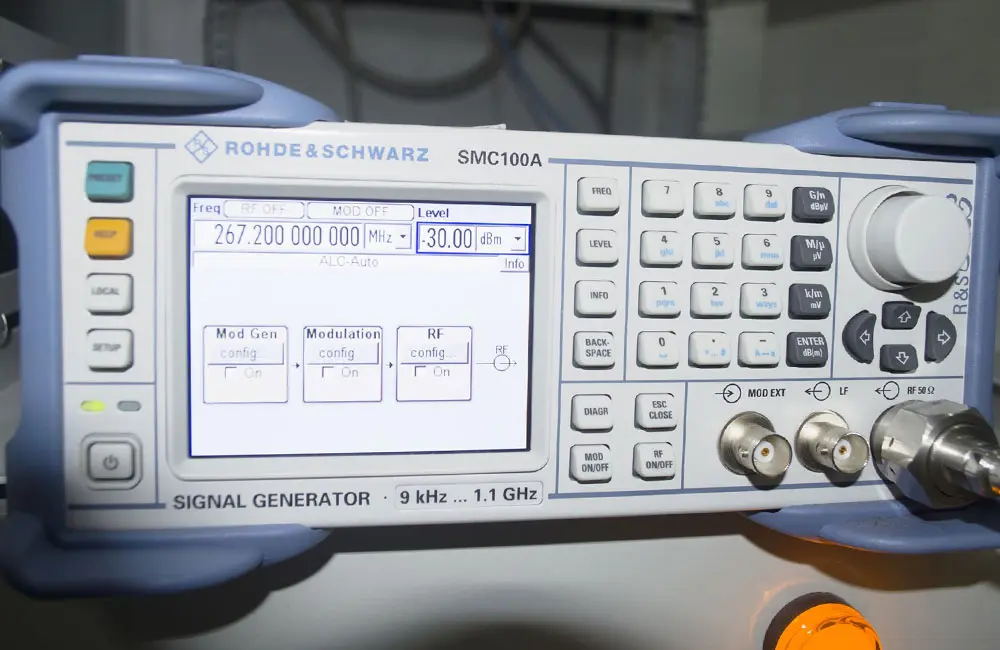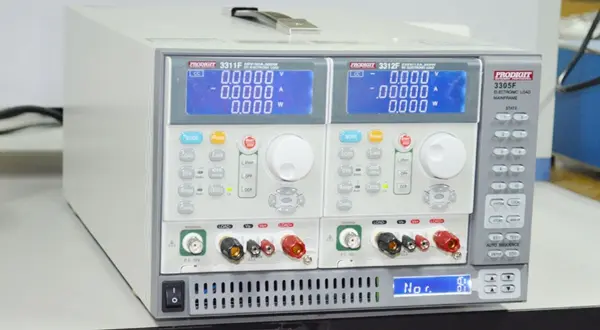
U.S. Agent for FCC, FDA, CPSC, EPA
What is a U.S. Agent?
A U.S. Agent (also called U.S. Representative, U.S. Authorized Representative, or simply U.S. Agent) is the official term used.
According to U.S. regULations such as FDA (Food and Drug Administration), FCC (Federal Communications Commission), CPSC (Consumer Product Safety Commission), and others, foreign sellers involved in sectors like medical devices, cosmetics, food, drugs, laser products, wireless products, children’s toys, and maternal/infant products must register and appoint a U.S. Agent before entering the U.S. market.

The U.S. Authorized Representative is not a sales agent, but acts as a communication bridge between the foreign company and U.S. authorities and consumers. They assist foreign companies in regulatory audits, document submission, communication with relevant departments, issue feedback, and problem resolution to ensure product quality meets U.S. standards.
Thus, sellers on e-commerce platforms like Amazon and TEMU selling related products must comply with local U.S. laws and provide valid U.S. Agent information.
Qualifications of a U.S. Agent
1. The U.S. Authorized Representative must have a physical business location in the U.S.
2. They must be able to receive phone calls or mail during normal U.S. business hours.
3. Simply using a mailbox, voicemail, or personal address does not meet regulatory requirements.
FDA, FCC, and CPSC may contact the U.S. Agent at any time. If false information is provided, these agencies will require the company to provide accurate information, or they may impose penalties or even cancel the factory’s registration.
Responsibilities of the U.S. Agent
1. Point of Contact:
Acts as the designated representative of the manufacturer, assisting FDA, FCC, Amazon CPSC, and other authorities in communication with cross-border sellers. They receive and convey all notices and information from regulators (e.g., FDA inspection notices, review letters, warning letters).
2. Handling Emergencies:
In emergencies (e.g., product recalls, public health crises), the U.S. Agent coordinates communication between regulators and the foreign company, such as promptly conveying recall information and assisting in recall operations.
3. Document Delivery:
Receives and forwards all official documents from regulatory bodies, ensuring foreign companies respond promptly to regulatory requests.
Example: Receiving FDA registration certificates, marketing approval letters.
4. Information Updates:
Ensures foreign companies’ registration details (contact info, product lists, etc.) are kept current in FDA, FCC, and CPSC databases.
Example: Assisting in updating registration data and submitting annual reports.
5. Regulatory Consultation:
Provides compliance advice to help foreign companies understand and follow FDA, FCC, and CPSC regulations to ensure product compliance in the U.S. market.
Example: Answering questions about FDA registration procedures and regulatory changes.
6. Registration Records:
FDA, FCC, CPSC registration records must include the U.S. Agent’s name, address, and phone number. The U.S. Agent may bear responsibility if product issues arise.
Role of the U.S. Agent
1. The U.S. Agent’s role is similar to the european authorized representative, UK Responsible Person, or Swiss Authorized Representative.
2. Unlike the European Authorized Representative, the U.S. Agent’s name and contact info are not requiRED on medical device labels. They only appear in registration records on FDA, FCC, and CPSC websites.
3. The U.S. Agent serves as a communication bridge between regulators and foreign factories, handling emergencies and daily affairs, and must always be available to answer regulator calls.
4. The U.S. Agent represents the foreign factory, and statements from the Agent are considered statements from the factory. Information or documents provided to the Agent are considered delivered to the factory.
Which Sellers Need to Register a U.S. Agent?
Sellers must register a U.S. Agent if:
1. They sell products in the U.S. market;
2. Their products require U.S. certifications such as FCC, CPSC, FDA, EPA, ENERGY STAR, etc.;
3. Their manufacturing is located outside the U.S.
Applicable products include:
1. FCC-certified wireless products:
Examples: WiFi devices, Bluetooth devices, mobile phones, computers, fax machines, electronics, radio transmitters/receivers, radio-controlled toys, telephones.
2. CPSC-certified children’s products:
Examples: Toys, cradles, baby carriers, children’s clothing.
FDA-certified products:
Examples: Medical devices, cosmetics, food, alcohol, drugs, laser products.
3. EPA-certified products:
Examples: Pesticides such as insecticides, rodenticides, herbicides, fungicides, repellents, antiMICrobial pesticides; pesticide devices like UV devices, sonic devices, insect traps, ground vibrators, water/air treatment devices.
4. ENERGY STAR-certified products:
Examples: TVs, refrigerators, freezers, washing machines, indoor air conditioners, central air conditioners, dishwashers, water heaters, ceiling fans, pool heaters, heat pumps, stoves, boilers.
Potential Risks Without a U.S. Agent
When exporting children’s toys, electronics, and other products to the U.S., customs and other agencies often conduct inspections. They require exporters to provide U.S. Agent contact info and other necessary documents. Failure to provide such info may result in:
1. Goods being detained by customs or legal action;
2. Fines or product sales bans;
3. Restrictions on store operation rights.
U.S. authorities and major e-commerce platforms like Amazon and Temu are increasing enforcement of product compliance. Sellers must take this seriously and appoint a U.S. Agent early to avoid risks such as customs detention or product delisting.
Important:There is no transition period for these rules. All products requiring authorization, including those undergoing application changes, must submit proof and agent documents.
Does a U.S. Agent Need Certification or a Contract?
FDA, FCC, CPSC do notprovide a certification process for U.S. Agents, nor require contracts or agreement copies.
However, companies should sign a formal agreement or contract with the U.S. Agent to clarify legal roles and responsibilities.
The agreement or contract should include:
1. Scope of services;
2. Service term, including start and end dates;
3. Termination clauses;
4. Consulting fees for U.S. Agent services (usually \$250–\$2,000 per year);
5. Additional consulting fees if FDA contacts the agent;
6. Party responsible for paying FDA user fees (e.g., FY2024 FDA user fee: \$7,653);
7. Agent’s commitment to report complaints directly to the company, especially those involving public health, serious injury, or death risks;
8. Confidentiality clauses or reference to separate confidentiality agreements (Note: Agent may be required by law to disclose info to FDA, but should notify the company first);
9. Agent’s full name, address, phone, and email;
10. Company’s name, address, phone, and DUNS number;
11. Company contact person’s name, position, address, phone, and email;
12. Identification of the “Official Correspondent” in FDA registration databases;
13. Signatures and dates.
14. The U.S. Agent does not have to be a legal entity but must enter a “Company Name” when creating accounts. EIN (Employer Identification Number) is not mandatory; DUNS number is optional.
How to Apply for a U.S. Agent?
Steps to apply:
1. Select a compliant agent:
Find a qualified U.S. Authorized Agent, typically a U.S.-registered company with experience and knowledge of FDA, FCC, and CPSC regulations.
(JJR Laboratory in China offers integrated, reliable, and efficient U.S. Agent services.)
2. Submit application documents:
Provide manufacturer info, product details, registration certificates, manufacturing qualifications, etc. The agent will evaluate your eligibility based on these.
3. Sign the agency agreement:
Once approved, sign an agreement with the U.S. Agent to clarify rights and responsibilities for smooth follow-up.
4. Validity period:
The U.S. Agent agreement is valid for 1 year (a full annual cycle). You can renew before expiration to ensure continuous validity with FDA, CPSC, and FCC.
Email:hello@jjrlab.com
Write your message here and send it to us
 UL 1598 Luminaire Safety Test Items and Procedures
UL 1598 Luminaire Safety Test Items and Procedures
 Introduction to UL 60745-1 Test Items
Introduction to UL 60745-1 Test Items
 EU GPSR Certification Test Items and Processes
EU GPSR Certification Test Items and Processes
 Introduction to EU RoHS Test Items
Introduction to EU RoHS Test Items
 Introduction to IP68 Testing Standards and Methods
Introduction to IP68 Testing Standards and Methods
 CE-RED Certification Test Process for Wireless Pow
CE-RED Certification Test Process for Wireless Pow
 IEC 63000 Test Report Process Guide
IEC 63000 Test Report Process Guide
 LFGB Food Contact Test Report
LFGB Food Contact Test Report
Leave us a message
24-hour online customer service at any time to respond, so that you worry!




